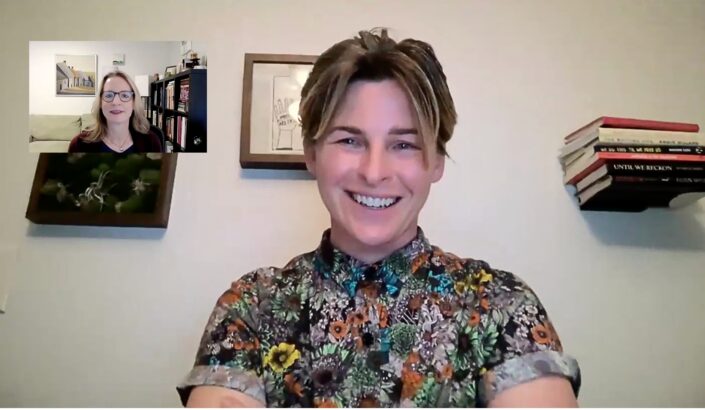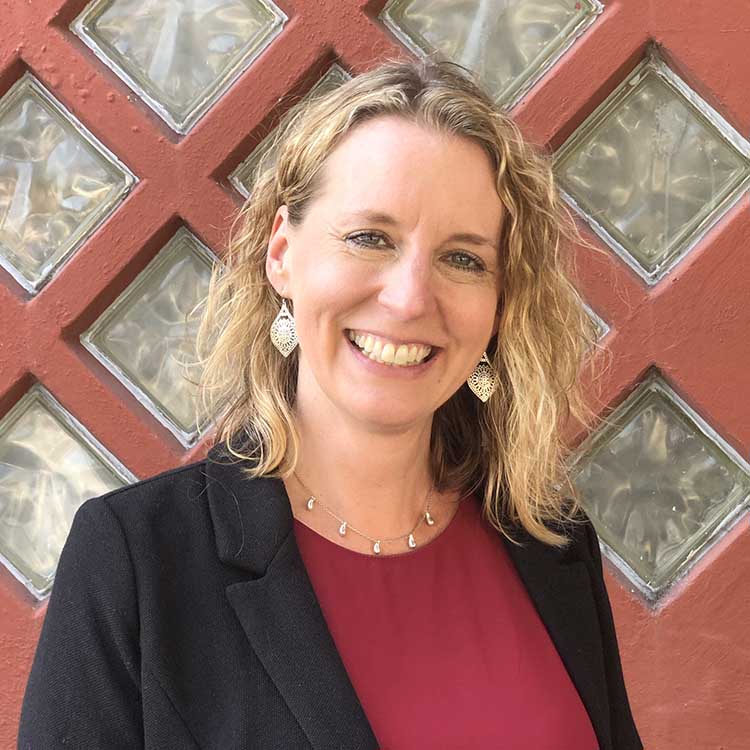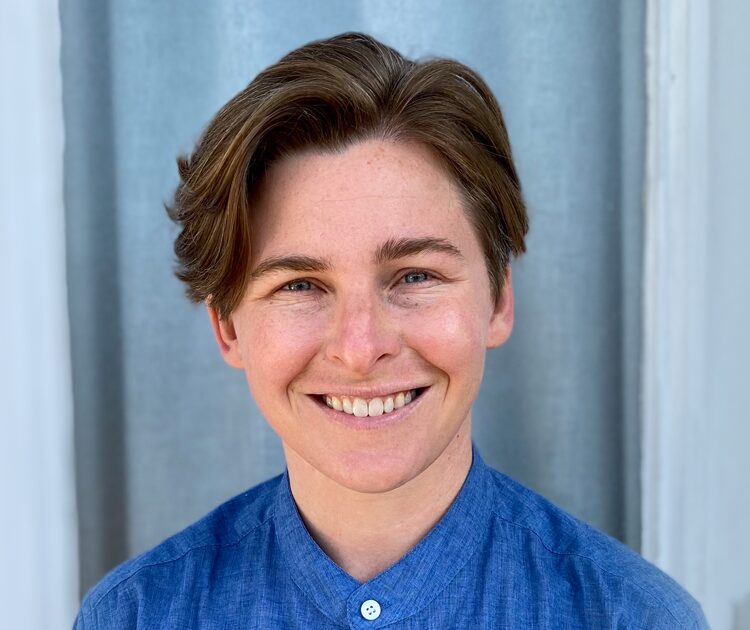In this community meeting, we explored the ways in which forgiveness may (or may not) be a precondition for engaging in restorative practice and working toward healing. Hosted by Amy L. Eva, Ph.D., Associate Education Director at the Greater Good Science Center. Joined by special guest Lauren Trout, Senior Program Associate for the Resilient and Healthy Schools and Communities team at WestEd. Trout’s work centers on equity and focuses on climate and culture, harm prevention, sustainable implementation, and community-driven change.
This free community meeting was part of a four-part series designed to help educators improve relationships in schools. In these virtual workshops with guest experts and leading researchers, educators learned about the science of curiosity, empathy, humility, and forgiveness, and how to build the key capacities to promote care, connection, and understanding in our schools. Below are some additional resources to explore.
This community meeting was part of the GGSC’s “Putting the Science of Forgiveness into Practice” initiative, supported by the Templeton World Charity Foundation (TWCF), building on TWCF’s Discover Forgiveness campaign.
Watch a Clip from the Meeting:
Related Resources:
How forgiving are you? When someone hurts you, are you more likely to turn the other cheek—or slash their tires?
Letting go of our regrets can motivate us to improve and help us grow. Alex Elle, a poet and breathwork coach, guides us through a meditation to forgive and accept ourselves.
Psychologists generally define forgiveness as a conscious, deliberate decision to release feelings of resentment or vengeance toward a person or group who has harmed you, regardless of whether they actually deserve your forgiveness.
Among teachers facing high stress situations, forgiveness has been found to be related to greater life satisfaction and positive affect and lower negative affect, which could help prevent burnout.
Forgiveness training with students restores hope and increases happiness among children, while reducing anger, anxiety, and depression.
Three Ways to Foster a Forgiving School
Research suggests that forgiveness might be an unexpected but powerful way to enhance school culture




